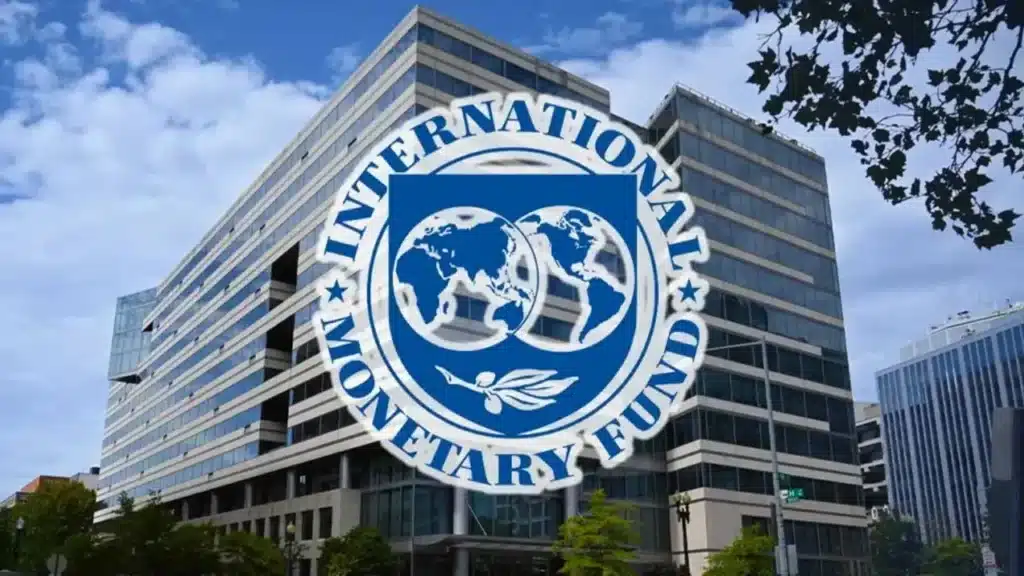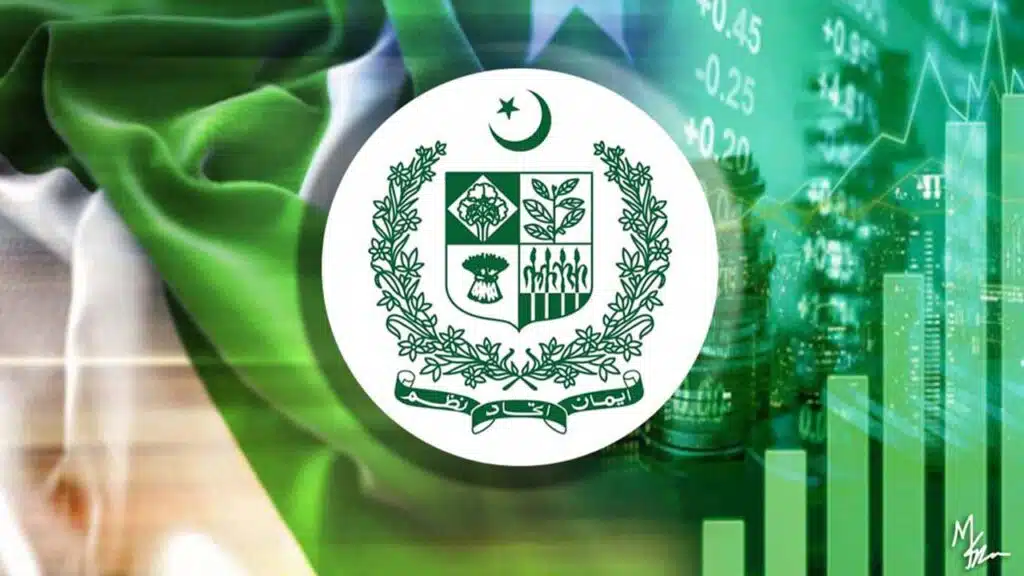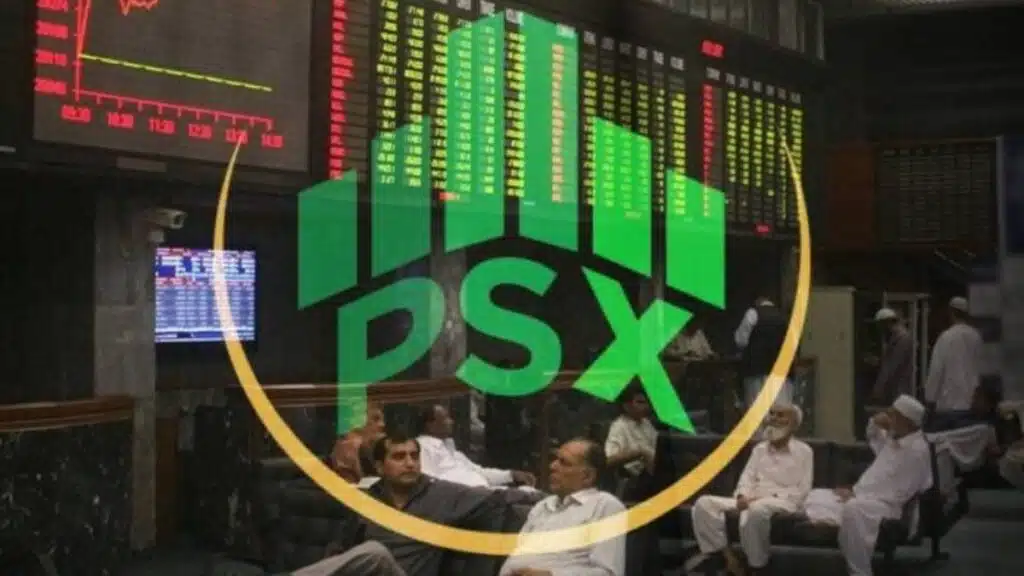Pakistan’s financial markets are expected to post strong gains when trading resumes tomorrow, as investor sentiment turns sharply positive following a ceasefire agreement between Pakistan and India and fresh funding approval from the International Monetary Fund (IMF).
The truce, seen as a major step in easing regional tensions, coincides with significant progress on the economic front. The IMF Executive Board has approved the release of a $1 billion tranche under the Extended Fund Facility (EFF), along with an additional $1.4 billion aimed at supporting climate resilience initiatives.
Analysts anticipate a robust rally at the Pakistan Stock Exchange (PSX), with the benchmark KSE-100 Index projected to surge by 3,000 to 4,500 points—translating to gains of around 3.5 to 4.5 per cent—as early as the market opening. A broad-based uptick is expected across sectors, as the market digests both geopolitical and economic relief.
“The market was long overdue for a rebound, and this combination of a ceasefire and fresh IMF flows could be the trigger investors were waiting for,” said one Karachi-based equity strategist.
The anticipated rally also reflects pent-up momentum. The PSX had been under pressure due to recent border tensions, which overshadowed a 100-basis-point interest rate cut by the Monetary Policy Committee that would typically boost equities.
From its peak of 118,430.35 points on April 22, the KSE-100 Index tumbled to 102,635.25 by May 9—wiping out more than 15,800 points, or nearly 13.33 per cent, in just over two weeks.
The Pakistani rupee, which had lost around 1 per cent over the past fortnight, is also expected to recover on the back of the IMF inflows, consistent remittance inflows averaging above $3 billion monthly, and a rebound in investor confidence.
While the outlook for the near term appears favourable, questions remain over long-term stability. India has yet to reinstate the Indus Waters Treaty, which adds a layer of geopolitical uncertainty.
Still, markets have historically bounced back after periods of elevated tension. During both the 2001-02 military standoff and the 2019 Balakot air strikes, stocks initially declined before recovering sharply as the risk of escalation receded.
This time, a convergence of positive catalysts—ceasefire, multibillion-dollar IMF support, monetary easing, and continued corporate strength—may deliver one of the PSX’s most significant single-day rallies in recent memory.
Read next: DG ISPR holds first-ever press conference after Pak-India ceasefire






